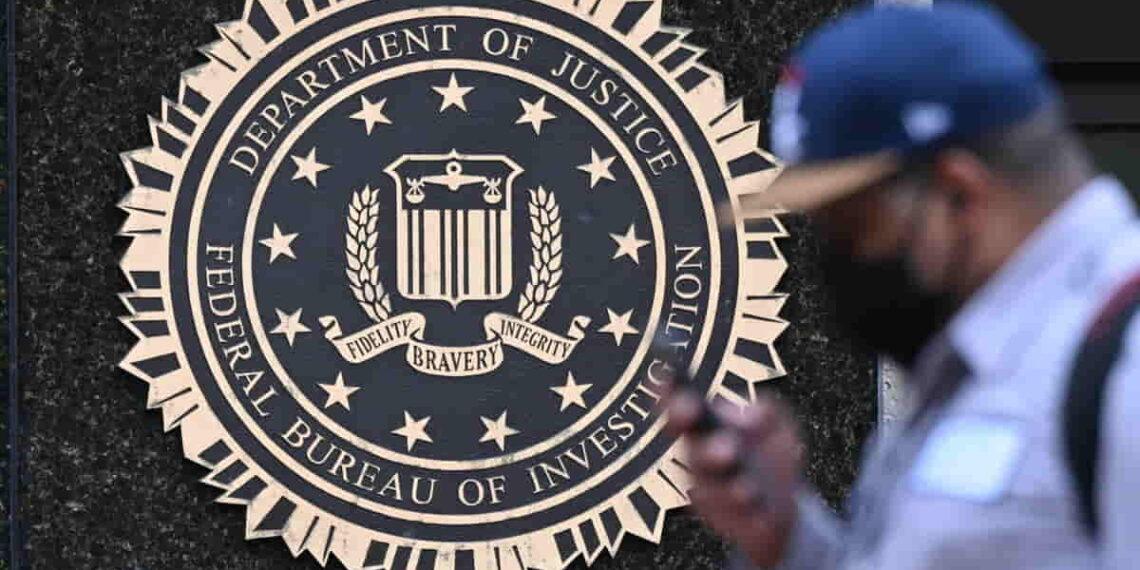FBI Warns iPhone and Android Users: Avoid Unsecured Text Messaging
The FBI and CISA (Cybersecurity and Infrastructure Security Agency) are urging Americans to prioritize secure communication methods, particularly encrypted messaging and phone calls, to protect against growing cyber threats. This comes amidst reports of a large-scale cyber espionage campaign targeting U.S. telecommunications networks, attributed to the Chinese hacking group Salt Typhoon.
The Problem with Cross-Platform Messaging
While messaging between Android devices or iPhones is secure, communication between the two platforms lacks end-to-end encryption, leaving it vulnerable to interception. Despite Apple’s recent adoption of RCS (Rich Communication Services), the lack of encryption in cross-platform messaging remains a critical security gap.
The FBI emphasizes the importance of using secure devices and communication methods. A senior official stated that the ongoing investigation into Chinese cyber activities has uncovered a broad campaign to compromise U.S. telecom networks. This campaign reportedly includes the interception of metadata and the private communications of individuals involved in government or political activities.
The Scale of the Threat
Salt Typhoon’s activities have heightened concerns about the vulnerabilities in U.S. critical infrastructure. During a classified briefing for U.S. senators, the group’s alleged deep penetration of American telecommunications networks was discussed, sparking calls for action. A Senate Commerce subcommittee is scheduled to hold a hearing on December 11 to address these security risks and explore best practices.
Recommendations for Secure Communication
In light of these threats, Americans are advised to:
- Use Encrypted Messaging Apps: Apps like Signal and WhatsApp provide end-to-end encryption, ensuring that even if communications are intercepted, they cannot be decrypted.
- Enable Timely Updates: Keep your phone’s operating system up-to-date to protect against vulnerabilities.
- Use Phishing-Resistant Multi-Factor Authentication (MFA): Enhance security for email, social media, and collaboration tools.
- Avoid Unsecured Messaging: Minimize the use of standard text messaging (SMS/RCS) for sensitive communication.
CISA’s officials recommend encrypted messaging and voice apps for all communications, stressing that encryption is a critical defense against cyberattacks.
The RCS Encryption Gap
RCS, positioned as the successor to SMS, still lacks full end-to-end encryption for cross-platform communication. While Google and GSMA (the mobile industry’s standard-setting body) have promised encryption for RCS, no timeline has been provided. Apple has remained silent on the issue, despite the irony of its growing encryption ecosystem.
Balancing Encryption and Law Enforcement
The FBI’s emphasis on “responsible encryption” reflects a nuanced stance. While advocating for secure communication, the FBI acknowledges the challenges encryption poses to investigations, as some platforms—like Signal and WhatsApp—cannot grant lawful access to encrypted content without compromising a device.
Choosing Secure Alternatives
Until encryption gaps in RCS are resolved, the FBI advises using fully encrypted platforms for cross-platform messaging:
- Signal: Offers robust encryption for messaging, voice, and video calls.
- WhatsApp: A widely used alternative with similar encryption features.
- Facebook Messenger: Now provides end-to-end encryption as an option.
Conclusion
In the face of increasing cyber threats, secure communication is more critical than ever. Americans are encouraged to adopt encrypted apps as their default for messaging and calls. Avoid standard SMS or RCS texting until these platforms implement comprehensive encryption. With secure alternatives readily available, it’s a necessary step to safeguard personal and sensitive information.
This article was rewritten by JournosNews.com based on verified reporting from trusted sources. The content has been independently reviewed, fact-checked, and edited for accuracy, neutrality, tone, and global readability in accordance with Google News and AdSense standards.
All opinions, quotes, or statements from contributors, experts, or sourced organizations do not necessarily reflect the views of JournosNews.com. JournosNews.com maintains full editorial independence from any external funders, sponsors, or organizations.
Stay informed with JournosNews.com — your trusted source for verified global reporting and in-depth analysis. Follow us on Google News, BlueSky, and X for real-time updates.














